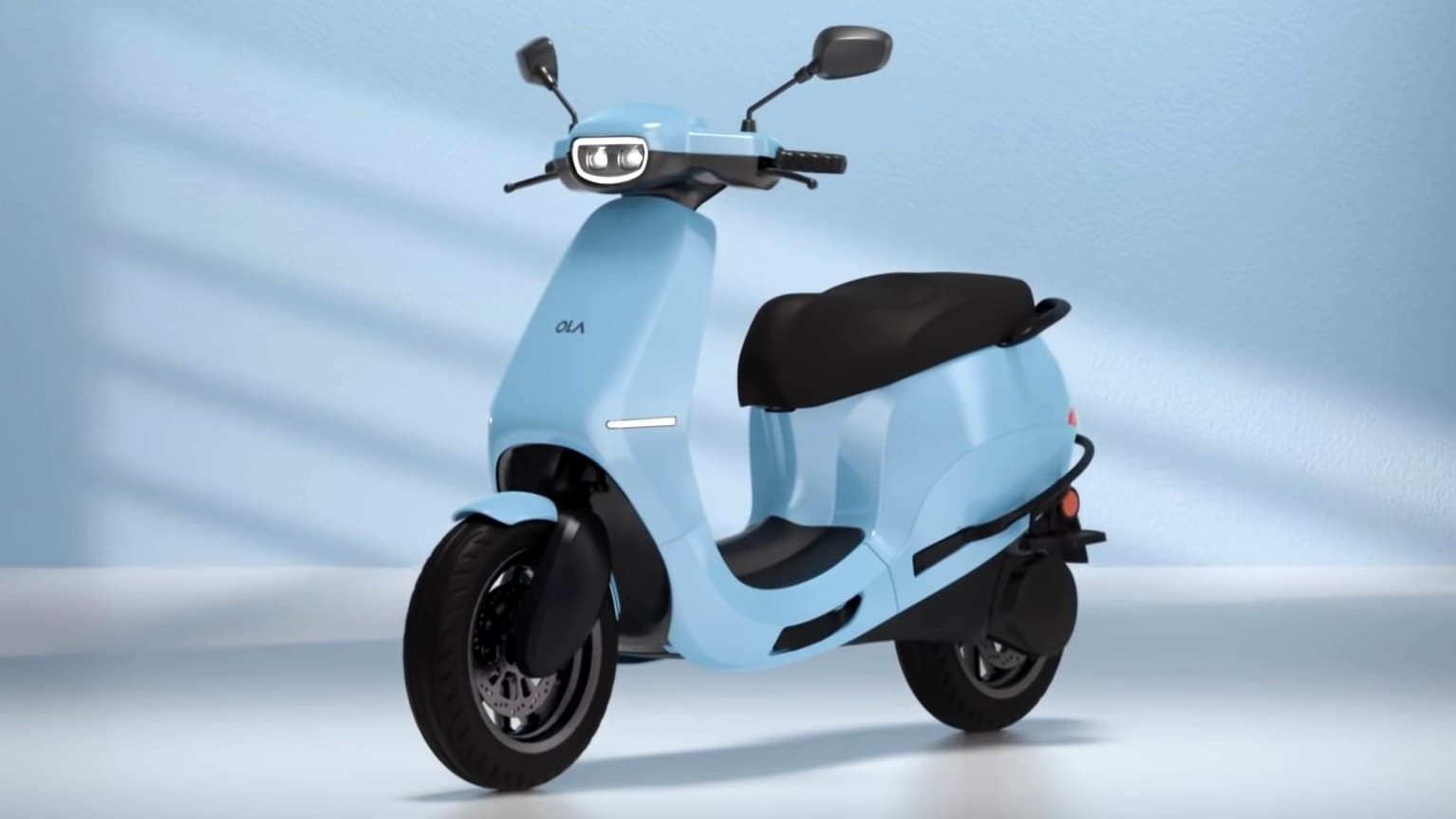Why Consider Electric Vehicles in 2025?
Why Consider Electric Vehicles in 2025?
In this article, we’ll explore the benefits and challenges of making the switch to EVs in 2025, and help you determine whether now is the right time for you.
The Growing Popularity of Electric Vehicles in 2025
As 2025 approaches, more car manufacturers, governments, and consumers are leaning toward electric vehicles. EV sales have seen a significant surge in recent years, and it's clear that electric cars are no longer a passing trend. But what makes 2025 an ideal year for making the switch?
Advantages of Switching to Electric Vehicles in 2025
Switching to an EV offers a multitude of benefits for both consumers and the planet. Here are the key advantages:
1. Environmental Benefits: Reducing Carbon Footprint
2. Cost Savings in the Long Run
3. Technological Advancements
- Better Battery Technology: The range of EVs has improved dramatically, with many new models offering ranges over 300 miles on a single charge.
- Faster Charging: With more fast-charging stations and improved battery technology, EV owners can now charge their cars quicker, reducing the “range anxiety” that once deterred potential buyers.
Challenges of Switching to Electric Vehicles in 2025
While EVs have many benefits, there are still some hurdles to overcome before they become the go-to option for every driver. Here are the key challenges to consider:
1. Initial Cost and Affordability
Despite the availability of incentives, electric vehicles still tend to have a higher upfront cost compared to their gas-powered counterparts. While the price gap is narrowing, this remains a concern for many potential buyers.
2. Charging Infrastructure and Range Anxiety
Though charging stations are becoming more widespread, they are not yet as ubiquitous as gas stations, particularly in rural areas. For long road trips, charging infrastructure may still be a concern.
3. Limited Variety of Models
Although there is a growing selection of EVs available, there are still fewer options for certain vehicle types, such as affordable trucks, SUVs, and luxury cars compared to traditional gas-powered options.
Is 2025 the Year to Make the Switch?
Switching to an electric vehicle in 2024 can offer numerous benefits, including environmental sustainability, long-term cost savings, and access to cutting-edge technology. However, the decision to go electric should take into account factors like cost, charging infrastructure, and driving habits. As the EV market continues to evolve, it’s important to stay informed and weigh your options carefully.


Comments
Post a Comment